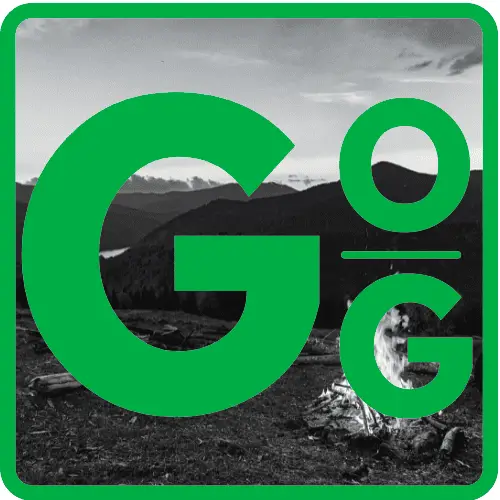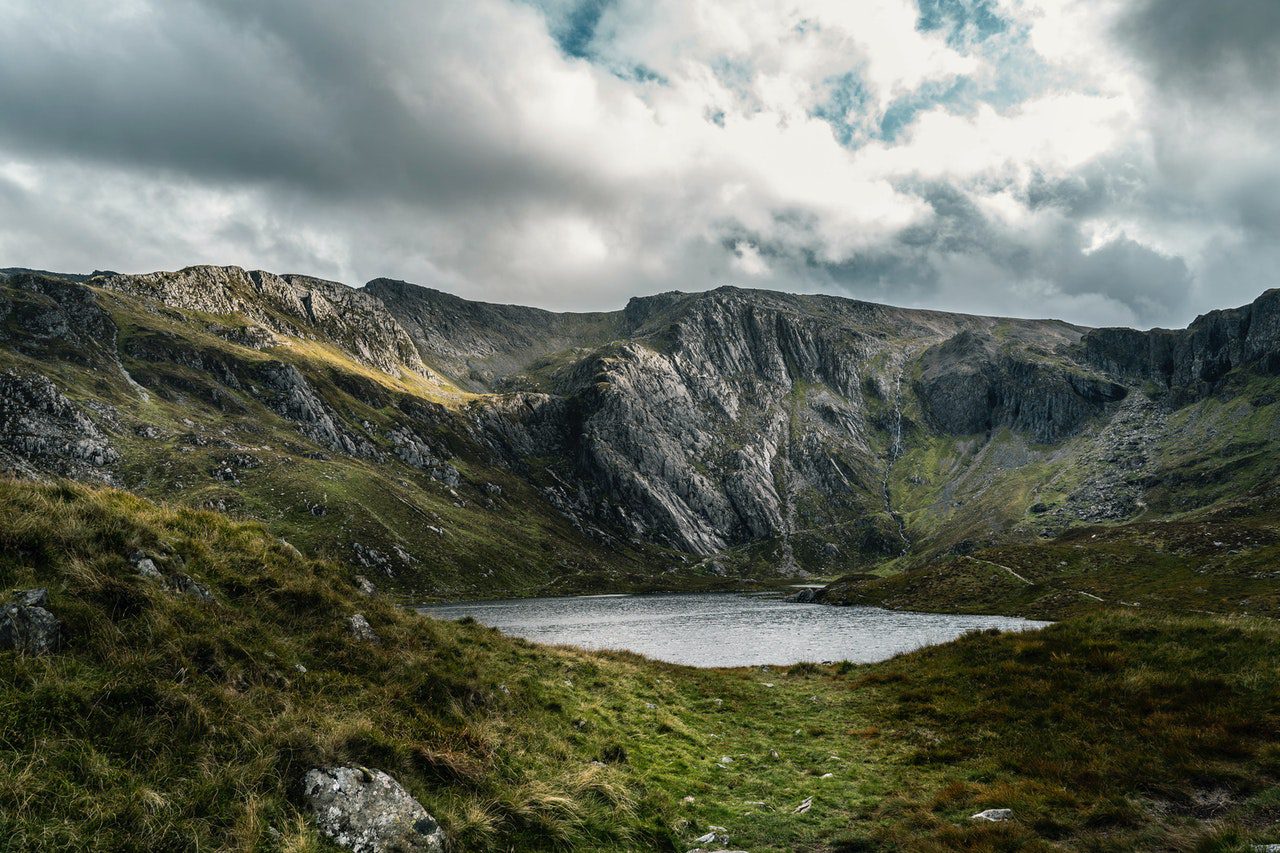When you first think of Wales the great mountain of Snowdonia probably comes to mind. Yes Snowdonia is beautiful, but there are many more reasons why you would want to go wild camping in Wales.
In addition to Snowdonia, the Pembrokeshire and Brecon Beacons national parks make up over 20 percent of land in Wales. This is double the amount of land as dedicated national parks than both England and Scotland.
In this guide I will take you through all you need to know about wild camping in Wales.
Is wild camping legal in Wales?
Wild camping in Wales is illegal unless you have obtained prior permission from the landowner.
The Countryside and Rights of Way Act (2000), which sets out the rights of individuals to access private land states that the act:
does not entitle a person to be on any land if, in or on that land, he –
(s) engages in and organised games, or in camping, hang-gliding or para-gliding
Countryside and Rights of Way Act – Schedule 2
The key part to understand here is that whilst it is illegal to pitch up wherever you like, it is ok to wild camp if you have the express permission of the landowner.
So wild camping in Wales is possible, just with some much tighter restrictions than those in Scotland, where wild camping is legal.
What are the rules for wild camping in Wales?

Assuming you have been given permission by the landowner to use their land for wild camping, there are other rules that you should try and adhere to when wild camping in Wales:
- Camp high and off the beaten track on open hills and fells
- Camp well away from roads, house, farms and livestock
- Stay for one night only to minimise your impact on the local environment
- If you must stay longer, stay in the same spot for a maximum of three nights
- Leave no trace that you have camped
- Use a gas stove instead of a fire to limit your use of local resources and impact on the environment
- Bury human waste at least 30m from any water source or path. It should be buried at least 15cm deep and sanitary items and toilet paper should be taken with you, not buried.
- Take all rubbish and food scraps away with you
- Don’t pollute the local area with non-eco friendly detergents and do not use streams of rivers for washing. Take a small bowl with you and dispose of the water away from water courses.
- If you are asked to leave by the land owner you should do so without arguement
- Avoid damaging the area around your camping spot. Don’t dig ditches, remove boulders or destroy plants
- Camp in small groups of one to two tents
- Try to use equipment that blends in with the local scenery, so no bright orange tents!
You should also be aware that there are some areas with sensitive designations where you cannot wild camp. These are classed as Special Site of Scientific Interest or Special Areas of Conservation to protect natural features. This includes the local wildlife and the geology of the land.
Where to wild camp in Wales

Due to the restrictions for camping in Wales it generally recommended that you use a designated campsite rather than wild camp. You can find a list of campsites here, should you wish to go down this route.
If you would still prefer to go wild camping in Wales, below is guidance for the more popular areas to visit.
Snowdonia and the Snowdonia National Park
The Snowdonia national park, is the most visited of the national parks in Wales. Visitors are attracted to the challenge of climbing the highest peak in Snowdonia, which is also the tallest mountain in Wales and England.
There are actually 9 mountain ranges covering over 52% of the national park.
Wild camping is illegal in Snowdonia, just as it is in the rest of Wales. However there are some locals that are happy for you to use their land for camping as long as you do so responsibly.
The recommendation remains that you should try and use one of the dedicated camping facilities in the area to avoid disappointment and to limit the impact on the local environment.
Brecon Beacons National Park

The Brecon Beacons has some of the UK’s finest scenery as well as great hiking trails, castles and stately homes.
Whilst the same rules apply here as they do in the rest of Wales, the Brecon Beacons National Park Authority has worked with local landowners to identify wild camping friendly spots within the national park.
If you wish to wild camp in this picturesque area of Wales, plan ahead and book ahead to avoid dissapointment.
Pembrokeshire Coast National Park
The Pembrokeshire Coast National Park is home to over 600 miles of public footpaths and the famous 186 mile Pembrokeshire Coast Path National Trail, covering some of the most beautiful and varying scenery in the UK.
Most people are drawn to the area to take on the challenge of walking the national trail and upon completion can claim a free certificate of completion.
Much like the rest of Wales, wild camping is not permitted along the route itself or near the route, unless permission is given by the landowner. You can find places to stay on the Visit Pembrokeshire and National Trails websites.
Can you get fined for wild camping in Wales?

It is unlikely that you will be fined for wild camping in Wales.
You would be committing the civil offence of trespass if you were to camp without the express permission of the landowner. The most likely outcome of this is that you will be asked to leave the land you have camped on, although in theory you could be pursued for damages to the land and any court costs incurred by the landowner.
Be respectful, ask permission, and you will likely be ok.
Is wild camping in Wales safe?
Whilst Wales is home to many wonderful species of animal, bird and insect, we are very lucky that there are few natural dangers when wild camping in Wales.
The general guidance is to avoid wild camping anywhere near animals, particularly animals such as cows and deer, who have been known to become aggressive when protecting their young.
Natural dangers in Wales are the same as across the rest of the UK. Try to avoid camping near trees when high winds are expected and away from waterways if heavy rain is forecast.
Fires should be kept small, contained and never left alone. You should particularly avoid fires in wooded areas for fear of causing wildfires and damaging the local environment.
Summary
Wild camping in Wales is only illegal if done so without the express permission of the landowner, so you can still take advantage of what Wales has to offer. Make sure that any wild camping you do is done respectfully and without impacting on the local environment.
Resources
- Countryside and Rights of Way Act (2000)
- National Trails Website
- Visit Pembrokeshire Website
- Brecon Beacons Website

